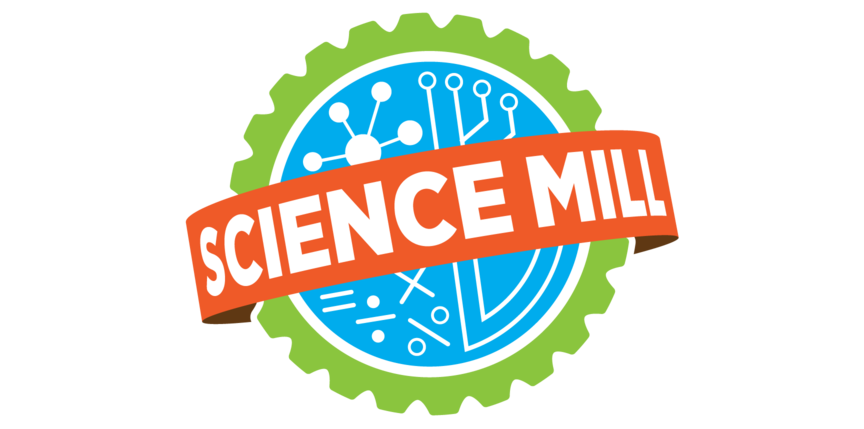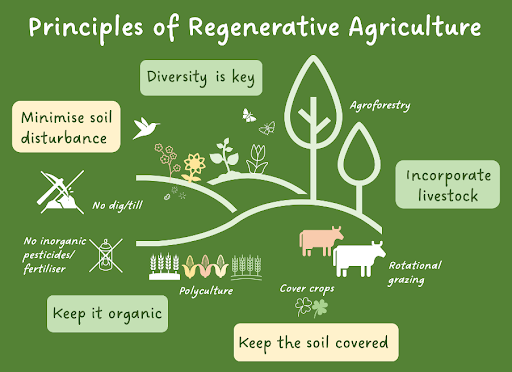What is Regenerative Agriculture (Reg. Ag.)?
Regenerative Agriculture is an approach to farming that focuses on restoring and improving the health of the soil which benefits both the ecosystem and the community.
How can we determine soil health?
Soil is a living ecosystem that sustains plants, animals and humans. Healthy soil contains bacteria, fungi and microorganisms that help our land survive. Without proper treatment, the soil itself dies and so does anything that grows in it.
Regenerative Agricultural practices can benefit homeowners as well as larger farming operations. Understanding your soil conditions will help you make informed decisions on ways to protect the environment, conserve water and save money.
What can I do to help?
Regenerative Agriculture practices offer numerous benefits to the environment as a whole. Individuals can implement simple soil protection exercises to support plant growth and maintain healthy soil.
Minimize Soil Disturbance. Soil that is constantly being disturbed, through tilling, raking, digging, becomes much less efficient.
Keep Soil Covered. Make sure soil isn’t constantly left bare and choose native species and plants for cover.
Grow a diversity of plants that attract different insect and animal species.
Avoid chemical fertilizers and pesticides.
Use proper irrigation techniques to prevent soil erosion
Start a compost bin to recycle organic waste.
More Information on Regenerative Agriculture

